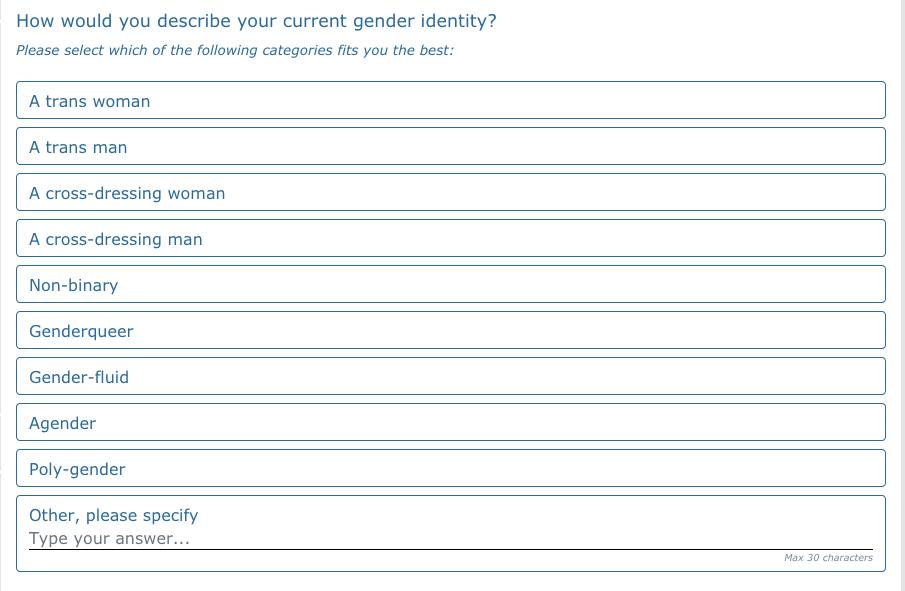If you over-manage your distractions you’ll miss out on the surprisal needed to fuel creative efforts. But, if everything is unstructured you’ll fail to maintain momentum on your most important tasks.
Nature exhibits pareto-esque distributions for a reason. It needs to tap into variation (surprisal) to make serendipitous discoveries, but those discoveries must benefit some structured goal.
Like anything important in life, it’s best not to think dualistically. Distractions are good to a point. Structure is good to a point. Too much of either will kill you. Dose response.
The question is what gets “paretoed”? Number of tasks? Time spend on tasks? Intensity applied to tasks? I argue its momentum. A project has high momentum if you touch it every day.
You should have very few projects with high momentum. Too many means you’re not self-aware of what truly drives you. But you should have many ad hoc projects that come and go.

This is how “the 80 fuels the 20.” You benefit from massive variation but are only invested in the few high momentum tasks that benefit from that variation.








